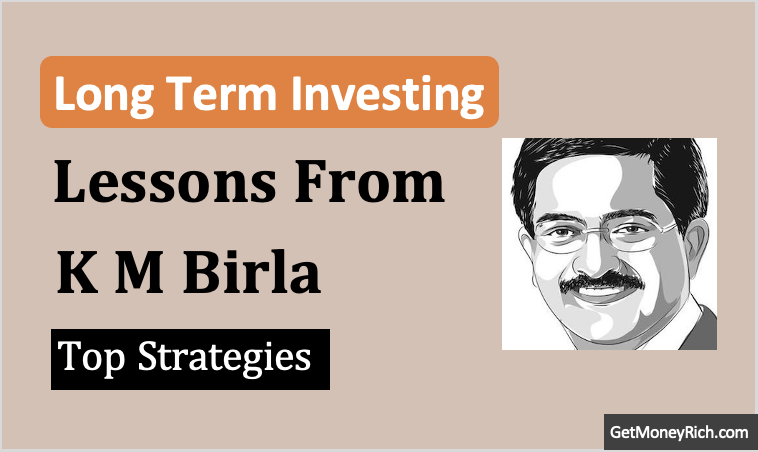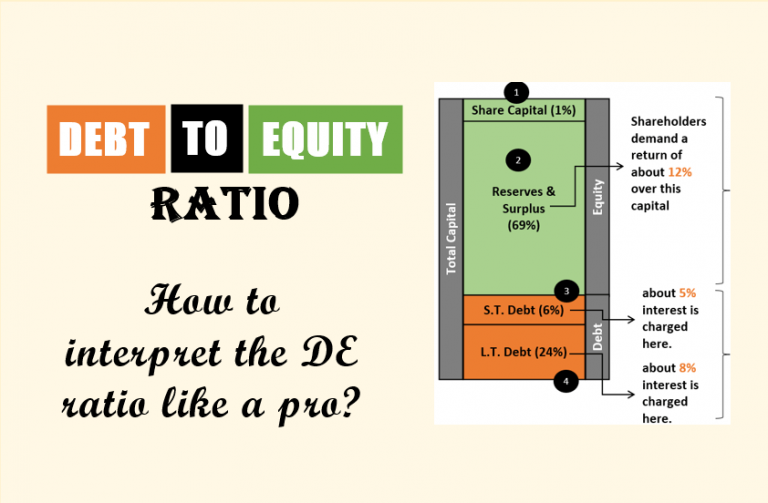Concentrated Stock Risk Assessement
Answer six quick questions to understand your stock holdings, biases, and risks.
Table of Contents
Introduction
When someone is holding a big chunk of your wealth in one company’s stock, it’s says a lot about the person. I think, it is not about emotions, habits, and sometimes, a little bit of stubbornness.
Maybe he got those shares through employee stock options, inheritance, or even a lucky investment that skyrocketed.
But why do we cling to these concentrated stock positions, even when diversification makes more sense?
Let’s dive into the psychology behind these decisions and explore how to manage such holdings wisely.
1. Why Do We Hold Concentrated Stock Positions?
Concentrated stock holdings happen for many reasons.
- You might work for a company that offers stock options as part of your salary. IT professionals in Bengaluru or Hyderabad who work in Infosys, TCS, Tech Mahindra reward employees with shares. This is called ESOPs (read about it here).
- One may also inherit shares from a family member who believed in one company’s long-term success.
- Sometimes, it’s just emotional attachment. People bought a stock years ago, and it’s done well, so you can’t let it go. Other times, it’s about loyalty to a company you’ve worked for or a belief that you know it better than any other investment.
These reasons sounds familiar or relatable, right?
But when it comes to stocks, concentration is not advisable (for a large majority).
Holding a large portion of your wealth in one stock is risky. If that company does poorly, the whole portfolio takes a big hit.
So why don’t we sell or diversify? That’s where behavioral biases come in.
2. The Psychology Behind Holding On
Our brains play tricks on us when it comes to money.
Let’s talk about a few biases that keep us glued to concentrated stock positions.
- First, there’s the endowment effect. We value something more just because we own it. Imagine you have shares in a company like JSW Steel (from metal industry). You might think, “These shares are special because they’re mine.” Even if the stock’s price remains volatile, you hold on, overvaluing it in your mind.
- Then comes familiarity bias. We stick to what we know. If you’ve worked at a company for years, you trust its stock more than others. It feels safer, even if it’s not. I’ve seen friends who swear by their company’s stock, ignoring other opportunities.
- Loss aversion is another big one. We hate losing more than we love winning. Selling your stock feels like admitting defeat, especially if it’s down from its peak. You think, “What if it bounces back tomorrow?” So, you wait, hoping to avoid regret.
- What about overconfidence. Sometimes, we think we know better about a company. We can say to ourselves thisgs like “I’ve studied this company for years.” You tell yourself. “It’s going to soar.” But markets don’t care about our gut feeling. Overconfidence can blind us to risks.
These biases aren’t just theories. They’re real, and they mess with our decisions.
All stock investors have become victim to such biases sometime in their life. What’s the suggestion? More often than not, a detailed stock analysis will help us take better decision than our gut feelings.
3. The Good and the Bad Examples
Let me share two similar but contrasting stories.
Rajesh, a software engineer from Hyderabad, got stock options from his tech firm.
Over five years, those shares grew to 70% of his portfolio. He loved the company and believed it would keep rising. But then, a global tech crash hit.
His portfolio dropped 40% in months.
Rajesh’s overconfidence and familiarity bias cost him dearly. He wished he’d diversified earlier.
On the flip side, consider Priya from Delhi.
She inherited shares in a family business. Instead of holding on blindly, she worked with a financial advisor.
They sold some shares gradually. Priya’s objective was wealth preservation and not fast growth. Selling stock the holding and diverting the funds to ETF and multi-cap fund sounded a safer bet to priya.
This way she reduced her risk while keeping her exposure to equity (for growth). Priya’s smart moves protected her wealth when the business faced tough times later.
These two stories show how biases can trap us, or how awareness can set us free.
4. Managing Concentrated Stock Holdings
So, how do you handle a concentrated stock position?
It’s not about selling everything overnight. It’s about smart, thoughtful actions.
Here are a few ways to do it.
- One approach is tax-efficient diversification. Selling all your shares at once can make you pay higher income tax (read about tax harvesting). In India, long-term capital gains tax applies if you hold shares for over a year. Build a selling plan and then sell your stock holdings in stages (if you are not comfirtable with concentration). This spreads out the tax liability. The gradual liquidation will also let you reinvest in mutual funds or ETFs for diversification.
- Another option is hedging techniques. You can use options like protective puts to limit losses if the stock crashes. It’s like insurance for your portfolio. But options are complex and not for everyone (read about cash market and derivative market).
- Charitable giving is another move that a tiny majority may prefer. If you have a big heart and a big stock position, consider donating some shares to a charity. In India, you can get tax deductions under Section 80G for certain donations (read more about gifting shares here). Plus, it reduces your exposure to that one stock.
Finally, you can also think about other, more practiacl, risk management approaches.
- Set a target, say, no single stock should be more than 5-7% of your portfolio.
- To achive this target, you must rebalance your portfolio regularly to stay within that limit (read about portfolio rebalancing here).
The key is to act thoughtfully and not letting our emotions drive our stock’s decision making.
Conclusion
Managing concentrated stock holdings isn’t easy. It’s tempting to ignore the risks and hope for the best.
But hope isn’t a strategy.
In our Indian stock market, where even high market stocks can be volatile, diversification is our safety net.
Think about it this way, would you put all your money on one cricket team winning the IPL? Probably not. So why do it with your investments?
To some people, concentrated stock holdings can feel like a golden ticket. But they come with risks that our biases make hard to see. Moreover, if there are examples of people who maintain a very concentrated stock portfolio, like Warren Buffett, the do it based on their circle of competence.
Have you ever struggled with letting go of a stock? What’s holding you back? Tell me in the commnets section below.
Have a happy investing.




